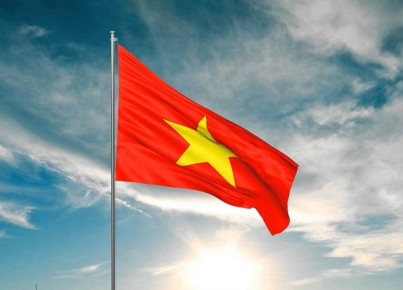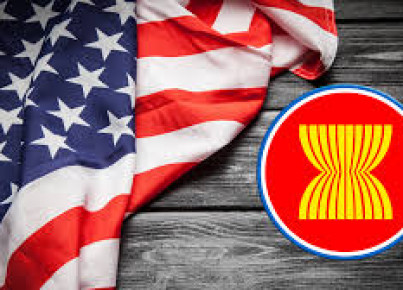More than 2.6 million people are displaced at this time. The latest on Burma's civil conflict
By Luca Menghini
To date, Myanmar is embroiled in a complex and brutal conflict that is having a significant impact on Southeast Asia. The Myanmar military junta, through its army, the Tatmadaw, is struggling to maintain control of the country in the face of growing resistance from various ethnic insurgent groups and pro-democracy forces. This war is having profound effects, influencing regional stability, human rights, and international relations.
The conflict in Myanmar intensified following the military coup on February 1, 2021, which overthrew the democratically elected government led by Aung San Suu Kyi. The coup sparked widespread protests and the emergence of an expanding armed resistance movement. Ethnic Armed Organizations (EAOs) and the new People's Defense Forces (PDFs) have united against the military junta.
The Tatmadaw is suffering numerous setbacks, losing several key territories, particularly in Rakhine State, where the Arakan Army has made substantial advances. This loss has forced the military to resort to desperate measures, including the forced conscription of Rohingya males. These new recruits, often coerced to fight under threat, are sent to combat in a war that has already devastated their communities.
The Rohingya have been subjected to severe persecution for decades by the Myanmar government, with the 2017 crackdown leading to accusations of genocide. Now, they find themselves trapped between the military junta and insurgents. The forced recruitment of the Rohingya not only highlights the Tatmadaw's desperation but also exacerbates tensions and risks further fueling ethnic conflicts.
Myanmar's strategic importance is evident given its location, acting as a bridge between South Asia and Southeast Asia. The conflict impacts traditional trade routes in the region and security dynamics. ASEAN, which traditionally adopts a non-interference policy, is finding it difficult and complex to maintain regional stability. Member states are indeed concerned about the humanitarian crisis and the potential for the conflict to spread to neighboring countries.
The two Asian powers, China and India, both have significant interests in Myanmar and are navigating a complex geopolitical scenario. China, in particular, has invested heavily in the China-Myanmar Economic Corridor, crucial for its Belt and Road Initiative. Any instability is thus a major concern for these projects, leading China to facilitate a diplomatic channel to mitigate the negative economic impacts of the conflict.
The humanitarian situation in Myanmar is dire. More than 2.6 million people are currently displaced, and human rights abuses are rampant and widespread. The international community, including the United Nations, has condemned the violence and called for tougher sanctions. In April 2024, the European Union renewed sanctions against Myanmar, including 19 individuals linked to the military junta. This action aligns with countries like the United States, which continue to pressure the military junta through economic and diplomatic means.
Despite these efforts, geopolitical interests complicate the unity of the international response. The outcome of the conflict remains uncertain. The Tatmadaw's grip on power is weakening, but opposition forces face challenges in coordinating and finding economic resources to continue the fight against the regime. The prospects for a negotiated agreement seem distant, and the risk of a prolonged civil war is very high.
The situation in Myanmar requires a lot of attention. How the conflict evolves will have a significant impact on regional stability and the lives of millions of people. ASEAN and the broader international community must navigate a complex crisis, balancing geopolitical interests with the urgent need for peace and humanitarian aid.
The future of Myanmar depends on resolving the conflict. The path to peace is fraught with challenges, but it remains essential for the stability and prosperity of Southeast Asia. The international community must continue to pressure for a peaceful and just solution, where all voices in Myanmar are heard and respected. Additionally, the recent involvement of foreign volunteers and international support for the resistance movement highlights the global dimension of the conflict, underscoring the urgent need for a more coordinated and inclusive international approach to bring peace and resolve the conflict.






